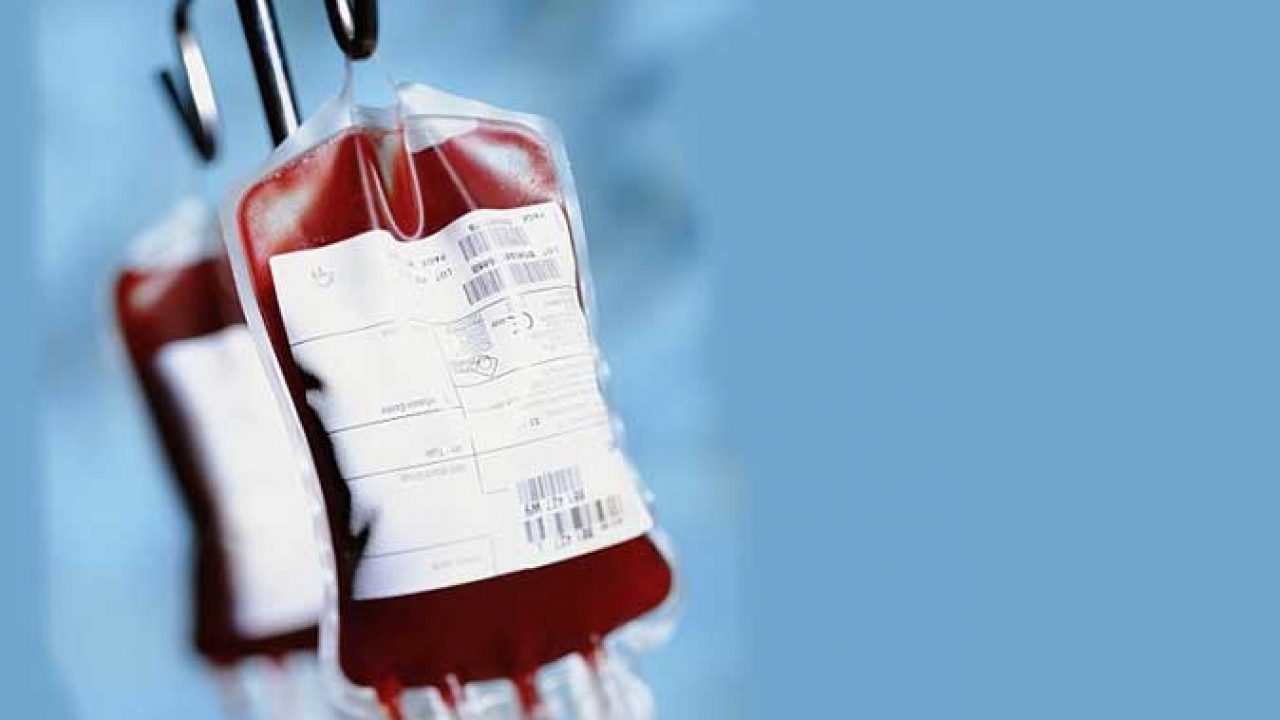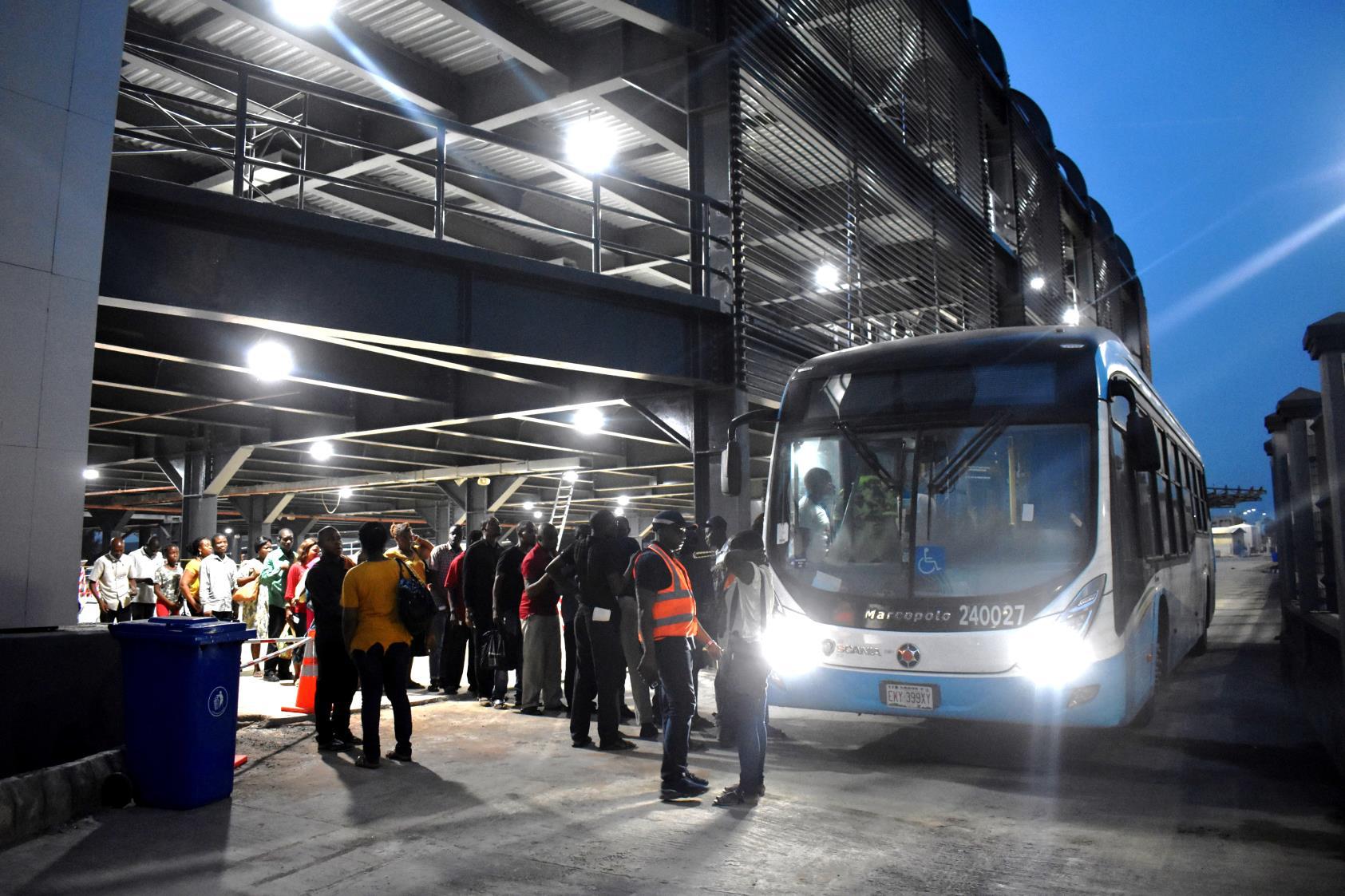The Federal Ministry of Health ( FMoH) said on Friday that Nigeria required an estimated two 2 million units of blood per annum to adequately meet the blood requirements of the populace.
The Permanent Secretary of the ministry, Abdullahi Mashi, said this in Abuja at a news conference to commemorate: “World Blood Donor Day” marked on June 14 with the theme: “Safe blood for all”.
He said that less blood was currently being donated thereby leading to avoidable deaths, morbidity or ill health, particularly among the women folk, new-born and children, victims of road traffic accidents and insurgencies.
Mashi specifically noted that as long as the demand out strips the supply, touting and racketeering of blood and blood products would continue to thrive.
He emphasised that the situation could only be improved “If only one per cent of the country’s adult population commit themselves to voluntary non-remunerated blood donation on a regular basis”.
According to him, transfusion of blood and blood products save millions of lives every year and in fact, every few seconds, someone, somewhere needs blood.
“The use of blood and blood products has become an integral part of modern medical practice.
“Access to safe blood and blood products is a key component of an effective health system and a significant building block for the successful achievement of health-related Sustainable Development Goals (SDGs).
“With a population of over 180 million, Nigeria’s estimated blood need is about two million units per annum. Unfortunately, much less is currently donated leading to avoidable deaths, morbidity or ill health,” he noted.
The permanent secretary noted that the National Blood Transfusion Service (NBTS) has been established to coordinate blood safety activities in Nigeria, adding that the the enormous task required the support of all and sundry toward the attainment of its set goal.
The NBTS according to him strives in line with its mandate to provide adequate supply of screened and safe blood, using a minimum standard of semi-automated enzyme linked immune-sorbent assay technology.
He noted that the service last year collected about 20,503 units of screened blood from voluntary blood donors through its network of 17 centres, while 16,098 units of blood were issued to various hospitals nationwide for transfusion purposes.
Mashi emphasised that universal access to safe blood transfusion required innovative strategies to ensure safe and sufficient blood supply, which included 100 per cent of voluntary blood donation as well as ensuring 100 per cent testing of donated blood.
He assured that the service would continue to work hard to increase its annual blood collection, adding that efforts were being made toward expanding the reach of NBTS.
“NBTS is set to migrate its blood screening platform from a semi-automated system to a fully automated system at its centres in Abuja and Jos.
“One Architect 1000SR equipment has been installed at these two centres.
“This equipment has a shorter turn-around time and will ensure the availability of blood units screened for the mandatory four transfusion transmissible infections (HIV, Hepatitis B, Hepatitis C and Syphilis) within twenty-four hours.
“Considerable progress has also been made in institutionalising a Blood Rotation Scheme through linkages established with hospitals in both urban and rural communities.
“Therefore, I make a special appeal to our tertiary and secondary hospitals to embrace the Hospital Linkage Programme designed by the NBTS in order to ensure increased access to safe blood and improvement of our maternal and child health indices.
Mashi noted that the theme for the year was adopted to emphasise the vital need for safe blood in the delivery of health care and the crucial role that voluntary blood donations play in achieving the goal of universal health coverage.
According to him, the day was set aside to raise awareness on the need for safe blood and blood products world-wide and also to appreciate voluntary unpaid donors for their life-saving gift of blood among others.


 Headline6 days ago
Headline6 days ago
 Featured5 days ago
Featured5 days ago
 Featured6 days ago
Featured6 days ago
 National6 days ago
National6 days ago
 Featured4 days ago
Featured4 days ago
 News4 days ago
News4 days ago
 Headline3 days ago
Headline3 days ago
 Entertainment4 days ago
Entertainment4 days ago




























